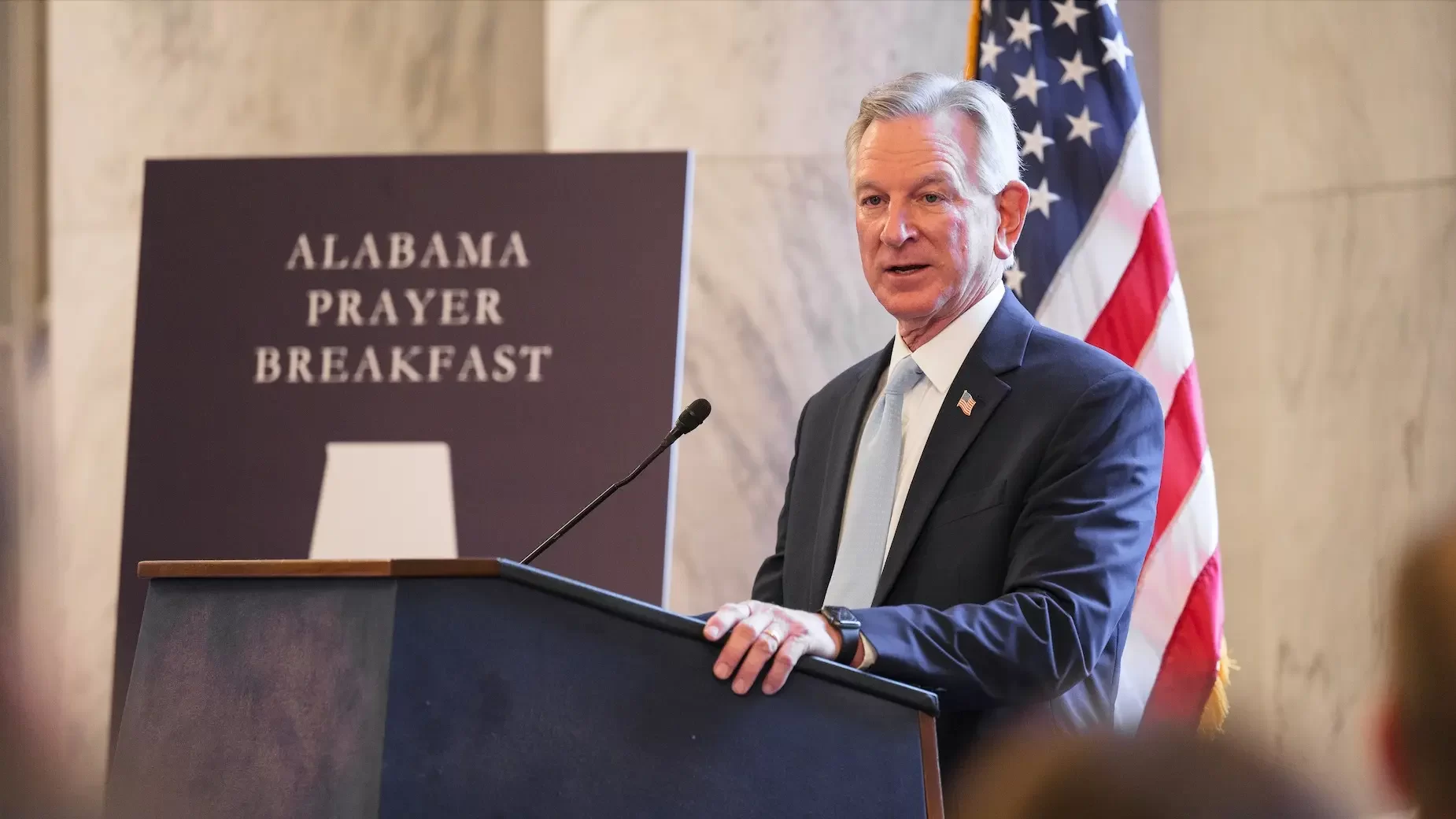|
Getting your Trinity Audio player ready...
|
After retiring Michigan Senator Debbie Stabenow released her almost 1,400 page Farm Bill proposal on Monday, Alabama Senator Tommy Tuberville swiftly issued a statement criticizing the proposal. Tuberville has sat on the Senate Agriculture Committee since 2021.
Stabenow says her proposal is a “strong bill that invests in all of agriculture, helps families put food on the table, supports rural prosperity, and holds that coalition together,” but Tuberville maintains the bill is too little and too late.
Earlier this year, Tuberville called the Democratic framework Stabenow’s full bill is based on a “$1.5-trillion-dollar-giveaway.” (House Republicans’ proposal, which Tuberville championed, would also cost around $1.5 trillion per Congressional Budget Office estimates).
“For 415 days, Democrats have drug their feet while farmers, foresters, and producers struggled to survive in Kamala Harris and Joe Biden’s economy,” he wrote. “Many of our family farmers had to make the difficult decision to put their combines and tractors up for good because of their inability to make ends meet.”
According to data released by the U.S. Courts, between September 2023 and September 2024, just six businesses filed for bankruptcy in Alabama courts using Chapter 12 of the bankruptcy code. Chapter 12 is the section that covers family farmers and fishermen.
However, this was an increase compared to the three such bankruptcies recorded between September 2022 and September 2023.
Arguing that the proposal “does not adequately address the needs that farmers, foresters, and producers have,” Tuberville specifically criticized the “mere 5 percent increase in reference prices.”
House Republicans’ proposal would increase most reference prices by 10 to 11 percent. The reference prices of some crops, like rice, soybeans and peanuts, would see increases closer to 20 percent.
Reference prices are used to determine subsidies for farmers distributed through the Price Loss Coverage and Agriculture Risk Coverage programs.
PLC effectively sets minimum prices for crops: if a farmer can only sell their harvest for less than the reference price, the federal government will issue them a payment for the difference between what they received at the market rate and what it would have been worth at the reference price. ARC is similar, but it’s based on expected revenue, not crop prices.
The federal Farm Service Agency says that subsidies issued through both programs this year totaled more than $447 million.
In addition to not increasing reference prices by as much as Republicans propose, Stabenow’s bill would place limits on PLC payments, allow PLC and ARC payments to be split between February and October, and reduce the gross income limits on subsidies from $900,000 to $700,000.
Earlier this year, APR reported on estimates that House Republicans’ proposed Farm Bill would cut SNAP benefits by almost $30 billion. The clause responsible would prevent the Department of Agriculture from updating the price of the Thrifty Food Plan, a benchmark for SNAP and other programs, for any reason besides inflation.
Stabenow’s proposal, by contrast, would only require an “external peer review process” and clarifies that revisions to the Thrifty Food Plan are subject to Congressional review.
The 2018 Farm Bill will expire on December 31, so most expect a limited one-year renewal of the 2018 bill is forthcoming due to the minimal progress on reconciling Democratic and Republican proposals. Once Sen. John Thune, R-South Dakota, becomes the majority leader, new negotiations are likely to begin in earnest.
“We will make our hardworking producers a priority next Congress when Republicans will control both the House and Senate,” Tuberville stated.




















































